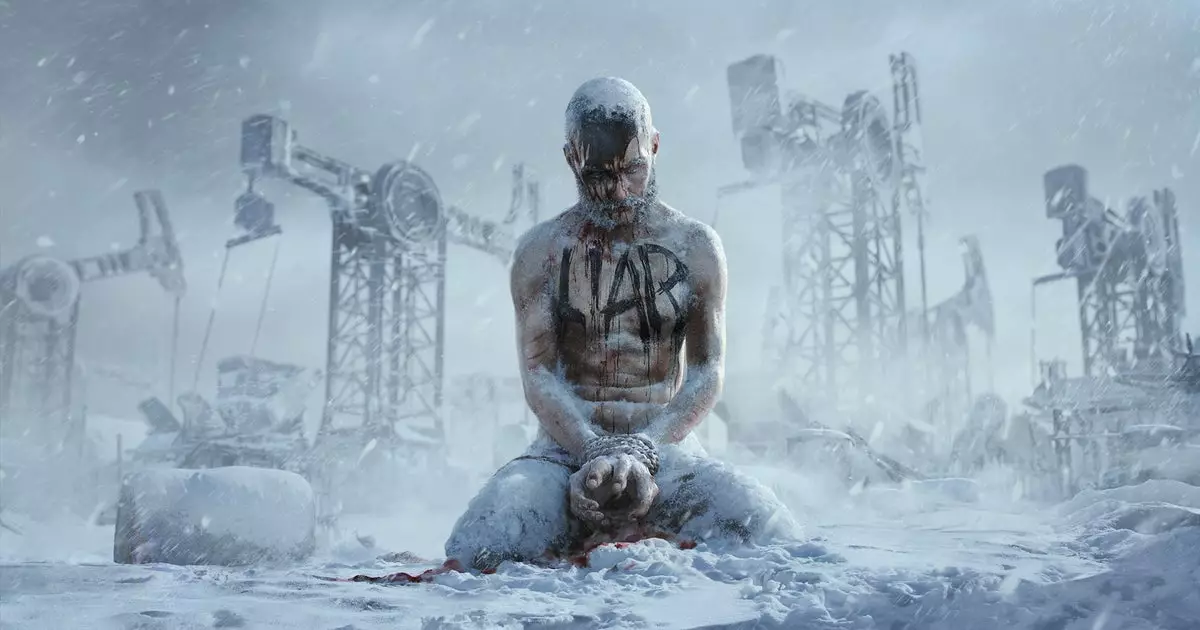In a decision that has sent ripples through the gaming community, 11 Bit Studios announced the cancellation of their project titled ‘Project 8’. The Polish studio, celebrated for its critically acclaimed titles like Frostpunk and This War of Mine, made this tough call in response to shifting market trends and substantial developmental hurdles. Notably, the landscape of player preferences has evolved, with a marked decline in interest towards narrative-rich and story-driven games, leading the studio to reconsider its long-term vision.
Przemysław Marszał, the president of 11 Bit Studios, underscored the ambitious nature of Project 8, aspiring to be the studio’s first console-exclusive title. Unfortunately, this vision was crafted during a period where such games flourished, but with changing player dynamics, the viability of such a project is suddenly in question. This reflects a broader trend within the gaming industry, as developers are now tasked with responding to player preferences that can shift rapidly and unpredictably.
The Economic Implications
The financial stakes are significant, with development costs for Project 8 reportedly hitting around 48.4 million zloties—approximately $11.8 million. Such a massive investment, only to be deemed no longer feasible, highlights the economic pressures that studios face. The resultant layoffs from the cancellation are a stark reminder of the economic ramifications embedded within the gaming industry. While over half of the affected developers are being offered opportunities in other projects, the loss of jobs serves as a painful acknowledgment of the impact that market trends can have on creative endeavors.
Additionally, the decision to downscale Project 8 was not merely an external reflection of the market; it stemmed from internal difficulties. Throughout its development, the project encountered a series of setbacks that stalled progress. Marszał noted the complications of sustaining a cohesive development team during the COVID-19 pandemic, indicating how unforeseen global events can have long-lasting effects. Despite efforts to rectify issues throughout multiple iterations, unresolved challenges continued to accumulate, leading to escalating costs and extended timelines.
The cancellation of Project 8 raises questions about the future direction of 11 Bit Studios and their unannounced projects. As the studio shifts focus, it must navigate a complex market landscape that increasingly favors gameplay mechanics and engaging multiplayer experiences over singular narrative arcs. There is an inherent risk in prioritizing market trends that may shift again, potentially leaving developers trimming their sails to meet unpredictable tides.
While some remain cautiously optimistic about the studio’s upcoming projects, including The Alters—a sci-fi game centered around psychological complexity—it is clear that the industry is navigating through a turbulent phase. Developers must not only create engaging content but must also ensure that their titles resonate with an audience that is continuously evolving.
The challenges faced by 11 Bit Studios are symptomatic of larger patterns within the gaming industry. The shrinking margins for narrative-driven games pose a dilemma for developers who have built their reputations on story-rich experiences. With players gravitating towards games with replayability and competitive elements, studios are left in a lurch trying to balance artistic integrity with marketability.
Moreover, the cancellation of Project 8 serves as a cautionary tale for other studios weighing the risks associated with ambitious projects. Established studios must now frequently assess whether their creative visions align with player interests, which can be fickle and fleeting. As the industry evolves, it remains to be seen how other studios respond to these challenges, and whether they continue to invest in narrative-rich games or pivot towards more commercially viable alternatives.
While Project 8’s cancellation is undoubtedly a setback for 11 Bit Studios, it also presents an opportunity to recalibrate and strategize for a future that considers both artistic ambition and shifting player dynamics. The hope is that this period of loss will result in renewed focus on projects that resonate with today’s gaming audience while maintaining the creative spark that first captured players’ imaginations.

